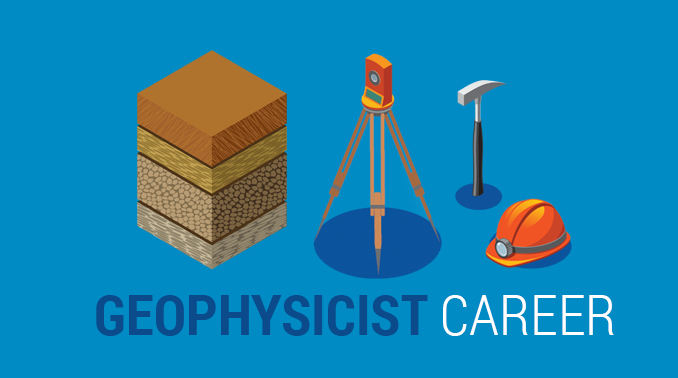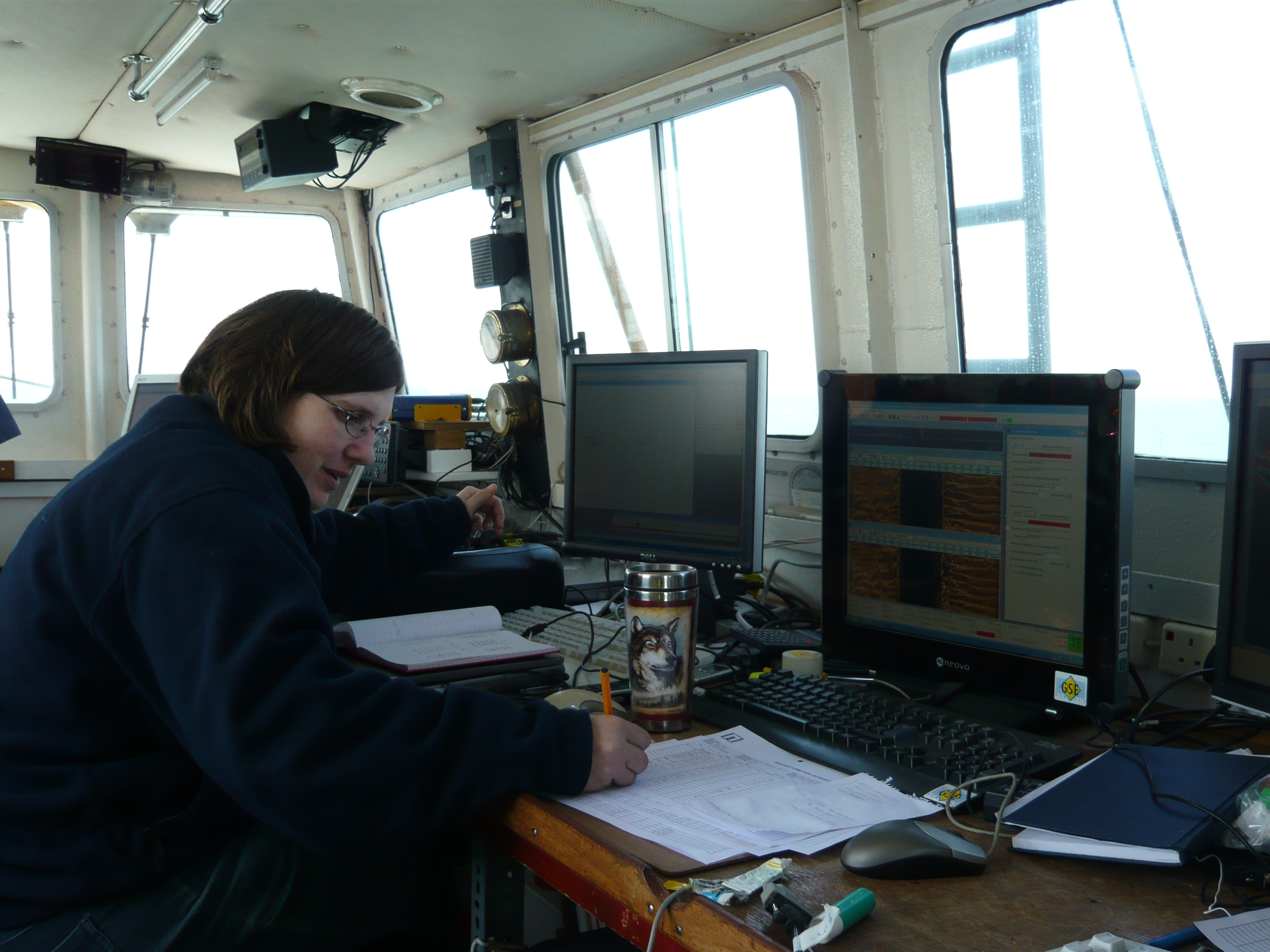All Categories
Featured
Table of Contents
Geophysical Survey Services - Geophysical Test Methods in Burswood Oz 2021
This work is increasingly contracted out, so consultancies supply another source of employment. Consultancy companies differ in size, from very little business to large multinationals. Some consultancies are rather specialised in utilizing specific geophysical methods or working in specific areas, while others offer a more diverse range of services to their customers.
The extraction of gas from land fill websites is another area of employment and this may grow in the future. Expedition business may carry out work for building firms, public utility, mining companies and environmental firms, so geophysicists may be utilized in any of these settings. Other companies include: geological surveysgovernment bodies and agenciesuniversities and research institutes.


Jobs might be listed in the oil and gas sector press. Recruitment is impacted by oil rate variations and the level of competitors for positions varies depending on this. Careers Days, which cover the full range of geoscience careers and are normally participated in by a variety of key industry companies, are run by The Geological Society.
Geophysical Survey - Durham University in Rossmoyne Aus 2023
Some of the big oil and gas business use a full two-year structured training program throughout the breadth of geophysics, consisting of the opportunity to experience operate in numerous teams prior to specialising in one area. Your training may include deal with: existing wellsmagnetic and gravitational possible field data analysisresearchrock analysis. It's more typical for your initial training to be supplied on the task.

There might be a probationary duration throughout which you work alongside a skilled associate. Competency-based appraisals happen regularly in most companies. In smaller companies, and for scholastic posts, there is not likely to be any formal training - you'll be expected to begin work straightaway and choose up skills as you go along.
If you work for a smaller company, you might find that you need to take responsibility for arranging and moneying your own development and training. If you have a geology degree, subscription of The Geological Society can be beneficial for networking and for keeping up to date with the market.
Geophysical And Geotechnical Assessment in Mount Pleasant Oz 2021
You might also find it helpful to sign up with the PESGB (The Petroleum Expedition Society of Great Britain, which has a geophysics unique interest group. After a probationary period, and when you've gained some experience, you could progress to senior geophysicist, then group leader and after that into a senior function in management.
The ease of motion between functions depends upon the company structure. Research study at Masters or Ph, D level in a subject related to geophysics or geosciences might aid with your profession development and development. The work market within the oil and gas industry is very depending on cost and this might impact your opportunities for career development.
For experienced geophysicists, freelance consultancy offers a good route for career advancement. As a geophysicist, you're likely to have a number of jobs throughout your working life.
What Is Geophysics? in Medina Western Australia 2020
From geophysics, it's possible to focus on seismology (finishing further training to become a seismic interpreter) or to move into related locations such as engineering geology or threat prediction.
Deciding what to study in college is a difficult choice. Even if you know that your field of interest lies in science, what program of study is ideal for you?
But the initial step to accomplishing your goal of ending up being a geophysicist is making a degree. Even for entry-level positions in the field of geoscience, you'll need a bachelor's degree (a geophysicist college degree) from an accredited college or university. Some research study positions require prospects to hold master's degrees or perhaps Ph.
Geophysical Survey Services in Two Rocks Western Australia 2022
Doctoral degrees are particularly crucial if you plan to teach at a four-year institution. Geophysicists use physics concepts and methods to study the gravitational, magnetic, and electrical fields of the earth. This advances scientists' knowledge of both the planet's interior core and its surface area. Geophysicists should have the ability to: analyze rocks, photographs, and other pieces of information perform research both in the field and in laboratories create maps and charts of their findings write reports To achieve all this, trainees require a specialized education for geophysicist professions.
As mentioned above, you'll need a bachelor's degree in geoscience or a related discipline, such as a physical science or a life sciences, to land an entry-level task. Trainees can also prepare by majoring in subjects like: Biology Chemistry Computer science Engineering Mathematics Physics The above geophysicist majors use a more generalized method to a single scientific discipline, but the majority of programs require trainees to take one or more geology course.
Latest Posts
Geophysicist Jobs in North Perth Australia 2021
Geophysical Survey Definition in Warnbro Western Australia 2021
What Is Geophysics? in Carlisle Australia 2020